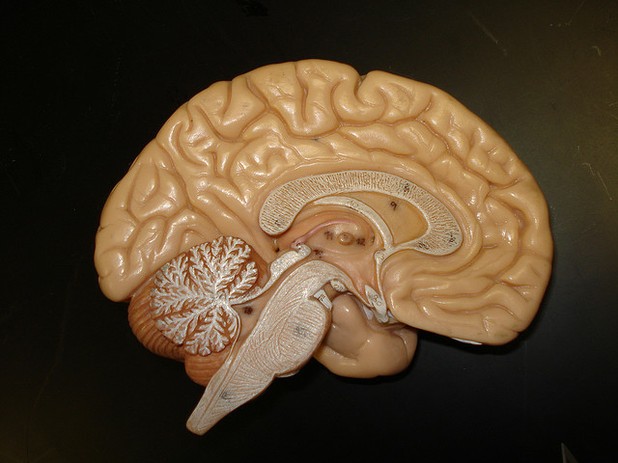- Story Highlights
-
- Alcohol Induced Brain Damage: Heavy drinking can cause brain atrophy in the temporal and frontal areas of the cortex
- Maintaining Sobriety: The brain damage makes achieving sobriety much harder
Alcohol Abuse Damages Brain Areas Necessary for Maintaining Sobriety
Comments (1)Want to understand why you have such a hard time staying sober? Researchers at Harvard Medical School say they have the answer based on the results of a recent brain imaging experiment – The very areas of the brain you need most to maintain abstinence are the areas most damaged by excessive alcohol use!
Why do some people struggle to control their drinking while others manage effortless moderation?
In an attempt to answer this question, researchers at Harvard Medical School rolled out their high resolution brain imaging equipment and took a good look inside the brains of a group of alcohol abusers and a group of non alcohol abusing control subjects.
What Did They Find?
After comparing the high resolution brain images of 31 people with a history of alcohol abuse problems and 34 people without such a history, the scientists say that alcohol abuse leads to brain atrophy in certain areas of the brain and that the areas of the brain most damaged by heavy alcohol consumption are the areas most necessary for controlling behavior (such as controlling drinking!)
- Heavy drinking led to atrophy in the frontal and temporal lobes of the cerebral cortex
- Study subjects with greater alcohol use histories showed greater levels of brain damage
- Fortunately, prolonged alcohol abstinence leads to some neural recovery
Brain atrophy in the frontal and temporal regions of the cortex can cause memory problems and language problems, reduced self control and a reduced ability to plan and reason. Such deficits, obviously, make maintaining sobriety all that much more difficult.
Commenting on the significance of the research, Terence M. Keane, Assistant Dean of Research at Boston University School of Medicine, wrote, "This study documents, for the first time, the dynamic nature of the neuropathology associated with chronic heavy alcohol use. The results may explain why alcoholism may be so difficult to treat: alcohol damages the very neural systems that are critical to achieving and maintaining abstinence."
The full study results can be read in the December 2011 edition of Alcoholism: Experimental and Clinical Research


